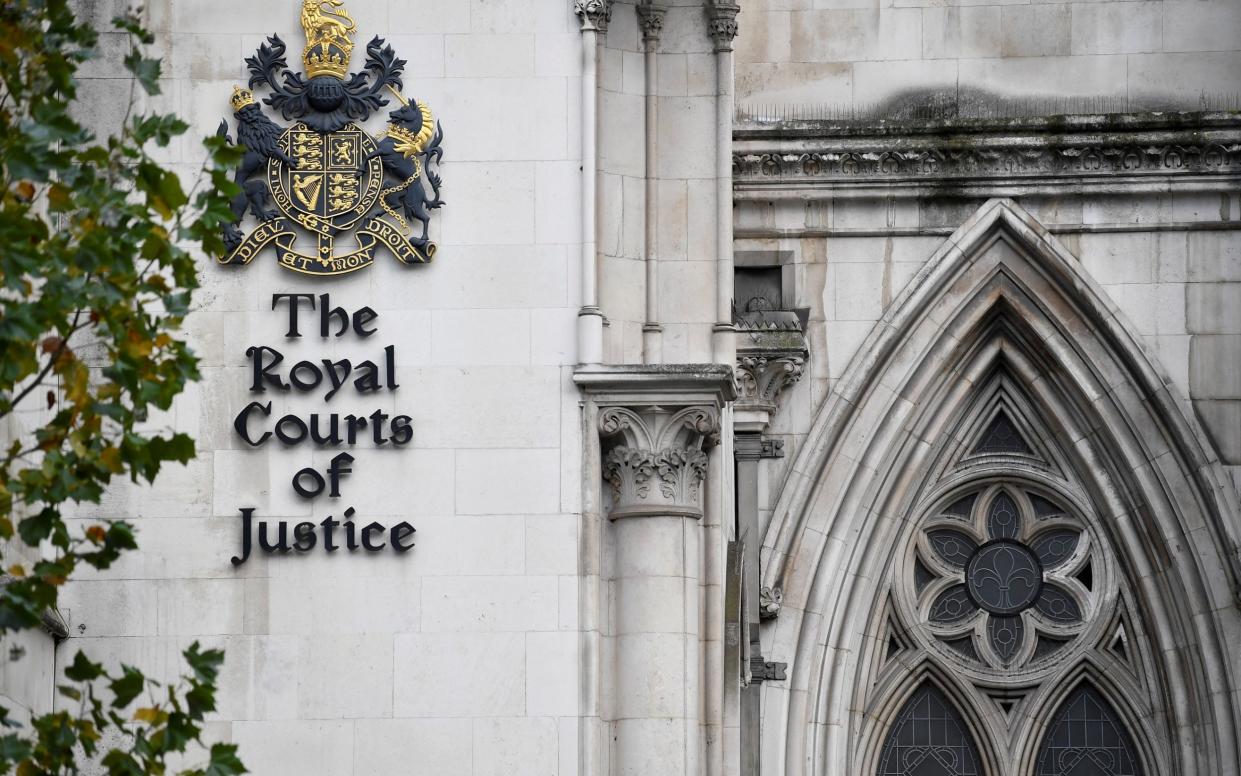Civil Service ‘memo leak’ case could be held in secret

A legal case against the Civil Service could be held in a secret court as ministers consider using national security powers to block the public from proceedings.
A former official from the Department of International Trade is suing the Civil Service in the High Court for misfeasance in public office.
Ministers are considering using powers under the Justice and Security Act 2013 to limit access to evidence by the public, the press and the claimant.
The civil servant, who was arrested in connection with leaked memos from Lord Darroch, a former British ambassador to the US, is suing the Foreign Office and the now former Department for International Trade.
Although the civil servant was investigated by the Counter-Terrorism Command as part of Operation Asperite, no charges were brought and the investigation was closed last year.
The Justice and Security Act can be used in civil cases where national security concerns are present. These powers usually apply to cases involving terrorism and require ministerial approval.
‘Closed material application’
The Government has filed a request for an extension in the High Court to prepare a defence against the civil servant’s case.
It is investigating whether it needs to apply for a declaration that the proceedings are suitable for a “closed material application” under section 6 (2) of the Justice and Security Act.
If the closed material procedure is used a special advocate with security clearance will review the Government’s evidence, but that information will not be shared with the claimant – a departure from the usual process that material submitted to the court must be shared with all parties.
Paul Diamond, the civil servant’s lawyer, alleges that his client suffered victimisation and retaliation for raising concerns about bullying and harassment by senior colleagues.
Mr Diamond told The Telegraph: “Our position is that national security must not be used as an excuse by the Government to conceal information and prevent public scrutiny.
“If such an application is authorised by a government minister, my client will challenge any such move at the High Court before a judge.
“Protecting Kim Darroch, the Government and the Civil Service from public embarrassment does not justify concealing all of this on national security grounds.”
The Justice and Security Act was introduced to address claims that the Government colluded in the ill-treatment of terrorism suspects after the September 11 attacks in the US.
In the year following June 2020, just six applications for closed material procedures were made by ministers, of which not all were successful.
The case has yet to receive sign-off from a government minister and a judge, and it is uncertain whether the hearing will be closed to the public and press.

 Yahoo News
Yahoo News 
